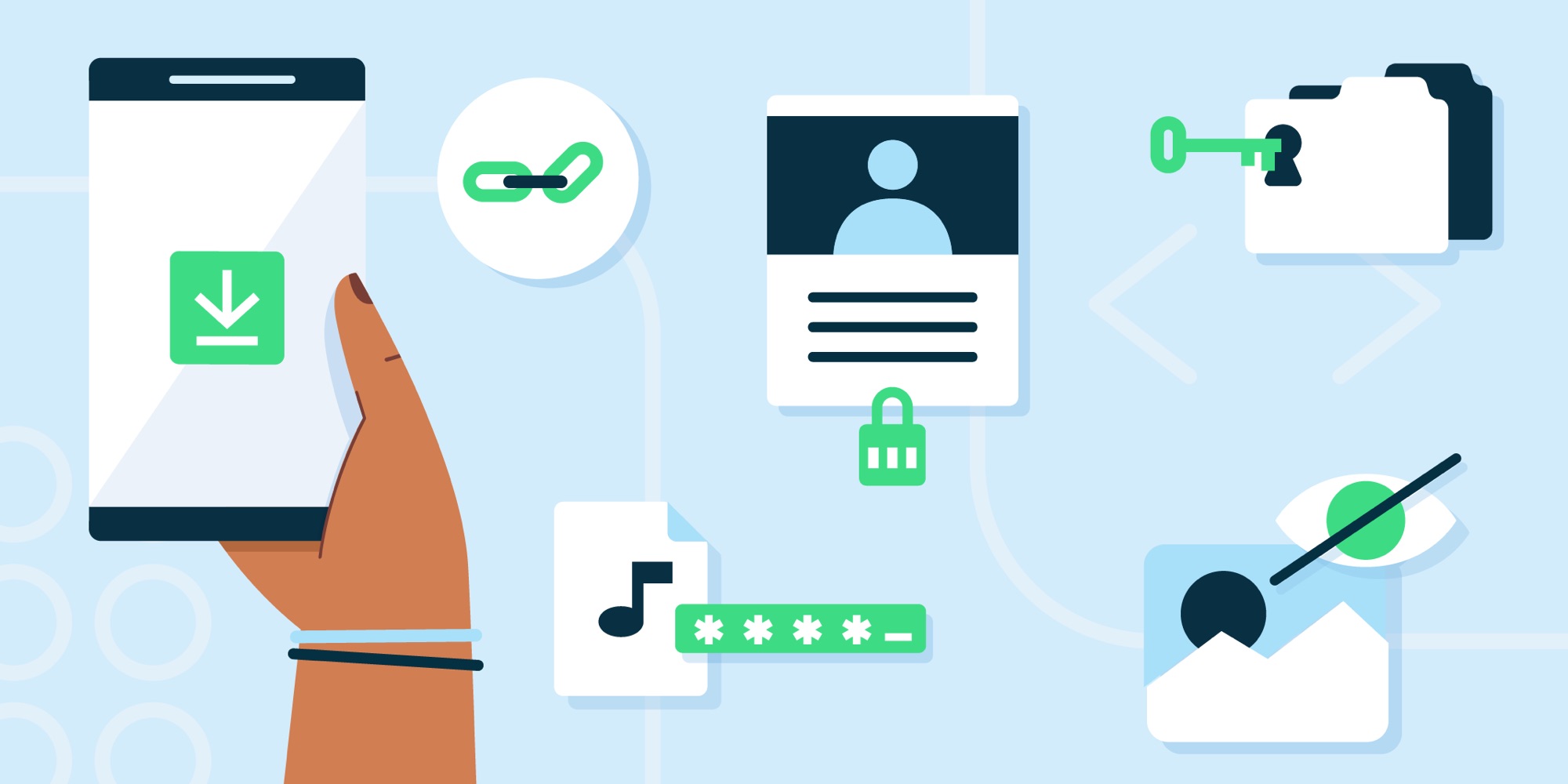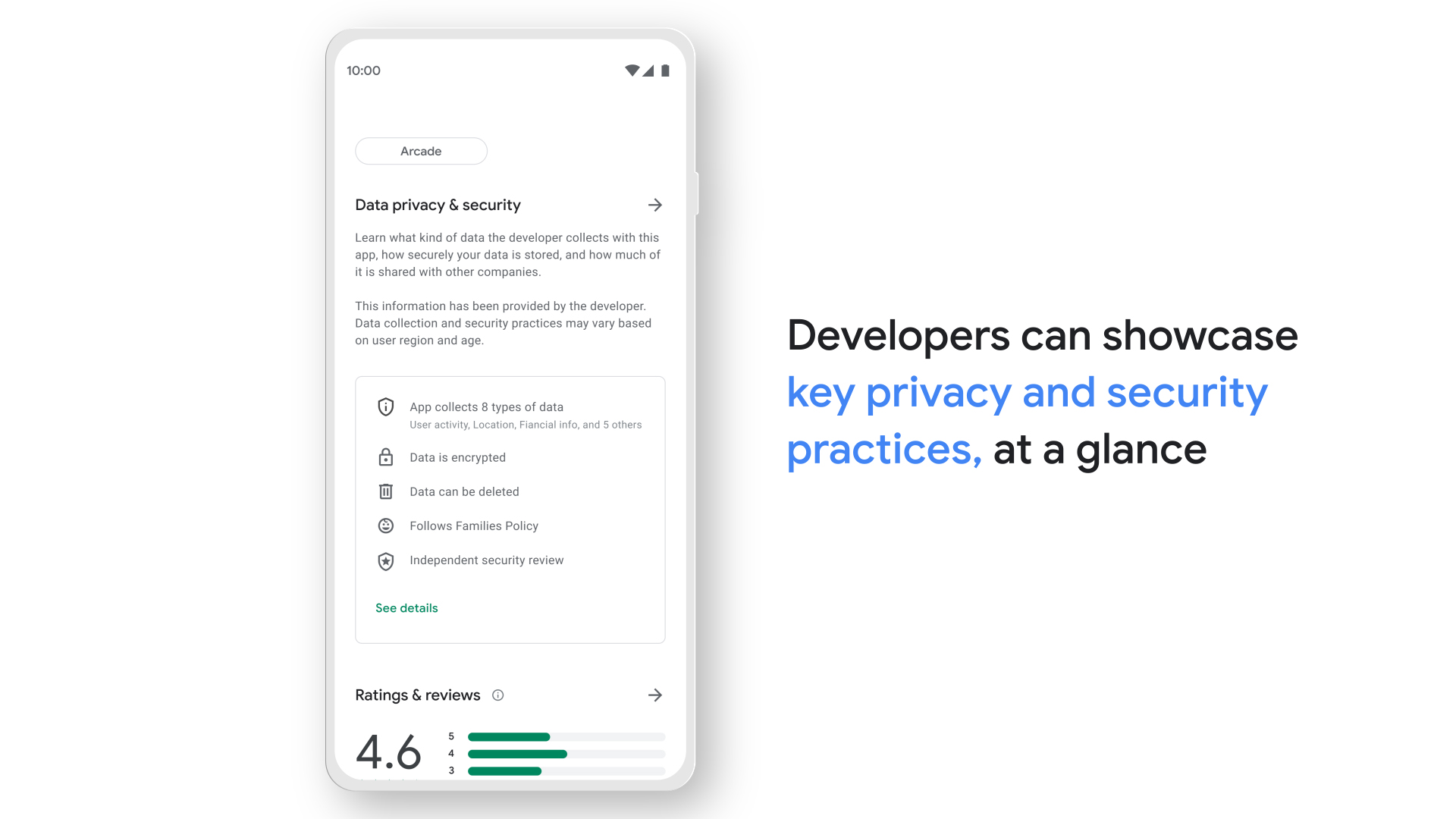
Earlier this year, Google announced plans to follow in Apple's footsteps and roll out privacy labels for apps on the Play Store next year. The new labels, much like Apple's App Privacy labels, will inform users on what data an app collects about them, allowing them to make a more informed decision on whether to download a specific app.

Google has now shared additional information regarding the upcoming Play Store "safety section." In a blog post, Android's vice president of security and privacy, Suzanne Frey, laid out the company's timeline for when developers will need to adopt the new labels. Android developers will be able to begin adding their app's privacy information in October of 2021 and will be required to by April of 2022. The labels will launch sometime within Q1 of next year.
Google also shared images of what the upcoming safety section will look like for users on an app's specific page. The section will inform users of what type of data points the app will collect about them. Developers will have the ability to specify how some information, like location, is used specifically within their app. On Apple's App Store, developers don't have the ability to provide context as to why their app may need specific information from a user.

Google is taking another approach. The company says that it spoke to developers and learned that they appreciate being able to provide context towards their data collection practices and being able to specify whether some practices are optional.
Additionally, Apple earlier this year required that all new apps on the App Store provide information within their Privacy Labels and that all existing apps must provide them with their next update. At least for now, Google says that if developers don't provide their privacy information, it "may" reject that app from the Play Store, leaving the door open for developers to possibly decide not to provide their privacy practices.In designing our labels, we learned developers appreciate when they can provide context about their data practices and more detail on whether their app automatically collects data versus if that collection is optional. We also learned that users care about whether their data is shared with other companies, and why.
Article Link: Google Shares Additional Information on Play Store Privacy Labels Launching Next Year

